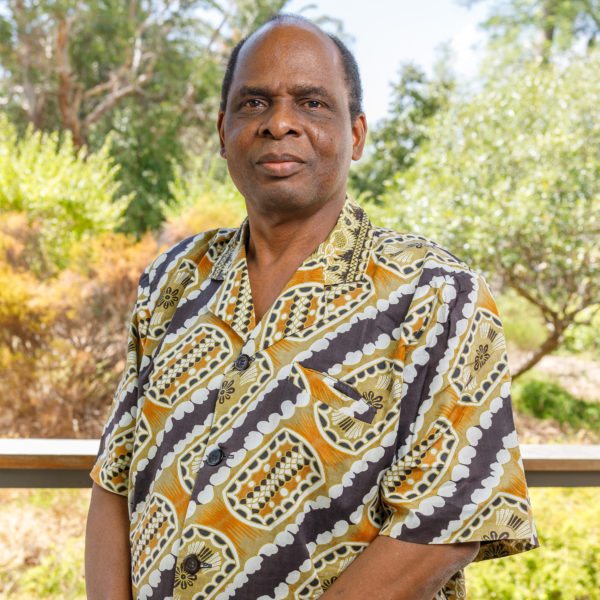Can seaports function as growth poles outside the Traditional Maritime Nations?
If so, under what conditions? If not, why not? Can ports skew or stunt development? How well have Nigeria and Angola harnessed their maritime domain and terrestrial resources in their national and sub-regional contexts? What are the policy gaps and how can they be remedied?
These are some of the questions driving the comparative study of the role of seaports in the development (or otherwise) of Nigeria and Angola, two densely populated and resource-rich countries on Africa’s Atlantic Coast. Both have undertaken major reforms in port administration and invested heavily in new deep sea ports and railway projects since the 1990s. The onset of containerization during the late 1970s provides a convenient starting point for this study which extends to the 2020s, given the frenetic pace of deep sea port development in Nigeria and Angola. In the transition from the comprehensive to landlord port models (port concessions), construction of deep sea ports and port modernization, both countries have relied heavily on external entities – Dubai, Indian, Singaporean and Chinese capital – each with their discontents.
Menu
Related news
Related news
Share this project:
Share on whatsapp
WhatsApp
Share on email
Email
Share on facebook
Facebook
Share on twitter
Twitter
Share on linkedin
LinkedIn
Is any information on this page incorrect or outdated? Please notify Ms. Nel-Mari Loock at [email protected].


